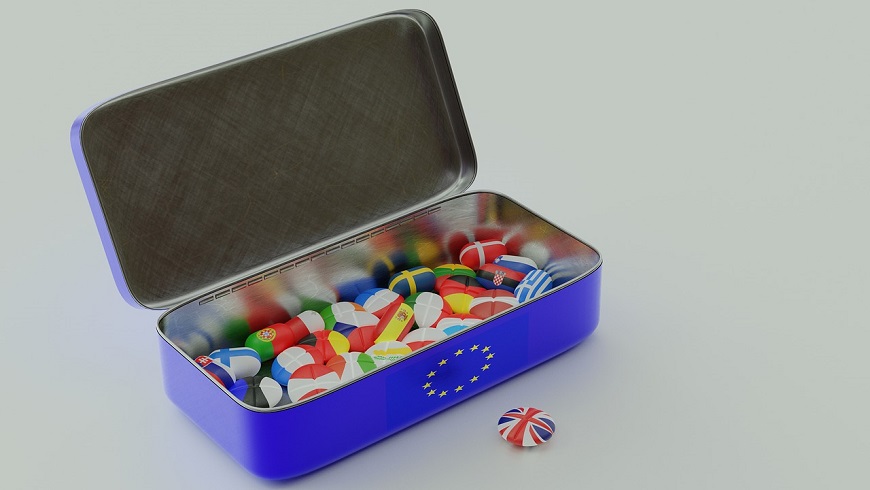
Effects of Brexit in the food market
The political uncertainty that the United Kingdom (UK) generates inside and outside its borders does not seem to subside and the possibility that the European country can leave the European Union without agreement is a hot topic. That is why in this post we will explain what effect Brexit would have with respect to the food industry whether it leaves the EU with an agreement, or if it leaves without it, as La Moncloa has stated. What effects will Brexit have on the food market? food products if you leave WITH AGREEMENT?
- To communicate the start-up in the market of food products there would be no change with respect to the current conditions. The rules of the single market and therefore the free movement of goods would remain in force. UK companies would be the ones who would have to be aware of the processes of communication and implementation in the food products market.
- No custom duties will be established until the expiration of the transitional period.
- The UK would continue to apply the sanitary controls established by European legislation regarding imports and exports until the end of the transitional period, so that goods would continue to circulate freely as before.
- As for the EU food safety and quality standards, they would continue to apply to UK products during the transitional period established.
And if it comes out WITHOUT AGREEMENT? The United Kingdom would become a third country, for this reason…
- With regard to the implementation in the market of food products, the United Kingdom will have its own food safety, production and quality standards for the preparation of its food products.
- The common customs duty would be applied depending on the corresponding product.
- In the UK imports, sanitary, phytosanitary or commercial quality controls would be carried out on all items. For export, the products must comply with the legislation developed by the UK and in some cases a certification may be necessary. In the case of products of animal origin, lists authorized for export could be imposed.
- Although it would have its own quality and food safety standards for the production and processing of its food products, before arriving in Europe its goods must meet the requirements of the UK to protect human and animal health, the environment and rights of consumers.
- EU rules in the areas of public health and animal health will no longer apply to the United Kingdom. Therefore, the entry of live animals and animal products from the UK to the EU will only be allowed if the UK guarantees that it complies with European veterinary or sanitary legislation, and thus include them in the list of authorized countries that will enter into force on March 30 of 2019. Even so they will still undergo border control.
- In the phytosanitary field, all imports of vegetables, plant products and other objects regulated by Community regulations must be inspected at the first point of entry into the European Union. In the case of EU exports to the UK, they may require a phytosanitary certificate, other specific requirements or pest control measures.
Registration in the Common Catalogs of the European Union of those plant varieties registered only at the request of this country would be canceled. As a consequence, these varieties cannot be marketed in the rest of the European Union. However, the 27 Member States and the European Commission have established simplified procedures so that the plant varieties in question continue to be registered in the Common Catalogs, allowing their commercialization in the European Union after Brexit.






